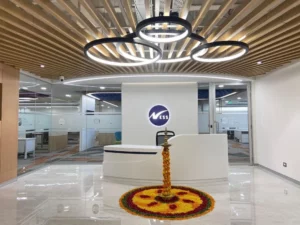Startups in Latin America are seeing record levels of venture capital investment, which University of Sussex research fellow Carlota Perez puts down to maturing phases of the digital revolution, reported Techcrunch.
As the technological revolution naturally reaches the stagnant phase of its cycle, core markets for internet users become saturated, meaning investors have been moving towards the global periphery in order to plant their investments, argues Perez.
As a result, emerging continents such as Latin America are being exposed to a wealth of venture capital investment opportunities, which can partly explain why last year’s levels reached a record US $1.1 billion, more than doubling in comparison with previous years.
This year, mega investment rounds continue for young lucky LatAm startups such as Brazil fintech Nubank and food delivery service Rappi, which now operates in Colombia, Mexico, Brazil and Argentina, both raising over $100 million in funding rounds over the last two years. In fact, Nubank’s mega rounds accounted for the majority of Latin America’s VC investment tally, reported the Financial Times.
Other high achievers in raising funds include South and Central America Hostel chain Selina, São Paulo-based mobile commerce platform Movile and ride hailing startup 99, raising around $90 million.
As a continent, LatAm has a particularly strong support system for startups, thanks to its abundance of government-run accelerator programmes that have nurtured some of the most successful startups from the last decade. Examples include Start-Up Chile, Start-Up Peru, Argentina’s IncuBAte, Puerto Rico’s Parallel18 and Brazil’s BNDES. Born out of this strong support network, therefore, the ecosystem provides an attractive opportunity for international investors.
Perez also outlines that favourable social conditions have also contributed to high levels of VC investment. The amount of internet, smartphone and e-commerce users is higher than ever in Latin America, almost matching that of the US, confirming the existence of the tech demand and the fact that the client base is there to be reached.
With 25 new international VC investors entering the LatAm region in the space of last year alone, experts have argued that its tech startup ecosystem is entering a new era.
It is through a combination of favourable social conditions, technological advancement and more globally connected startup communities, helped by accelerators and VC funds, that Latin America’s young tech scene is really beginning to thrive. The impact this new wave of startups will have on the continent’s economy, however, remains to be seen.








